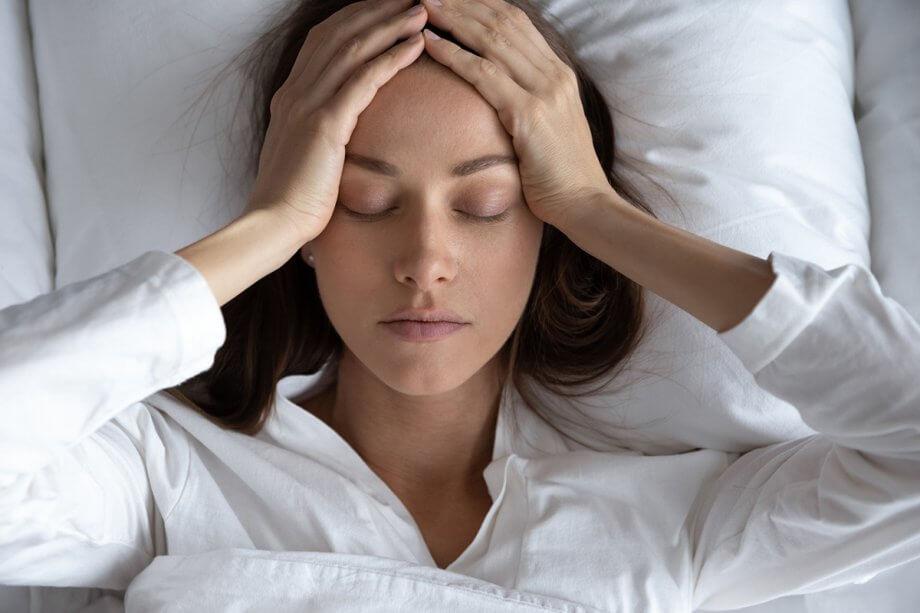Your dentist is your go-to person for anything related to your teeth and gums. But what does a dentist have to do with sleep — or, better yet, sleep apnea?
During routine dental treatments, dentists are often the first line of defense when it comes to uncovering sleep apnea. There are a few key signs that can help identify and diagnose the condition.
Since many people do not realize they have obstructive sleep apnea, the watchful eye of a dentist can be highly beneficial.
Signs That Help Dentists Diagnose Sleep Apnea
Dentists may always look for signs of tooth decay, cavities, cracks, and the like, but they keep an eye out for the following signs of sleep apnea, too.
Worn Teeth
Clenching the jaw, more formally referred to as bruxism, is one way the brain triggers the individual to wake up. While teeth will naturally get worn down and weakened over time, this tends to happen at a faster rate for those who have bruxism due to sleep apnea.
Worn teeth upon examination could result in the dentist asking questions and looking for additional signs to determine whether or not you could be suffering from this condition.
Tongue with Scalloped (Wavy) Edges
Obstructive sleep apnea occurs when the airway is blocked — and the tongue often plays a role in this. The clenched jaw mentioned above can cause pressure on the tongue, leading to changes in its appearance. A scalloped tongue is often the result.
What does a scalloped tongue look like? The tongue may appear swollen with edges that have little lines or look wavy.
Throat Redness
Those with sleep apnea will almost always snore thanks to this open-mouth breathing that constantly becomes obstructed. As a result, the throat can become red and irritated.
This is one more sign that the patient may have sleep apnea, especially when associated with other signs.
Shrinking Jaw
Sleep apnea can cause the jaw to shrink over time. It may not happen to everyone, but clenching the jaw all throughout the night can cause it to eventually wear down and begin to get smaller in appearance.
This is just one more factor that dentists consider when looking for signs of sleep apnea.
Signs of Sleep Apnea
There are a few signs of sleep apnea that patients can be on the lookout for themselves, including:
- Feeling excessively tired throughout the day
- Morning headaches
- Difficulty with focus and concentration
- Irritability, mood changes
- Waking with dry mouth and/or sore throat
- Loud snoring
- Waking up in the night choking or gasping
If you are experiencing any of the above, it is always a good idea to bring these to the attention of your dentist or medical professional.
Sleep Apnea Treatment in San Francisco
Mild to moderate cases of sleep apnea can be treated by San Francisco Dental Wellness using non-invasive, yet highly effective oral appliance therapy known as ProSomnus Micro 2 and ProSomnus EVO.
Dr. Chris Chui is Board-Certified by the American Board of Dental Sleep Medicine and the American Sleep and Breathing Academy - and is a leader in the field. In fact, he is only one of a selected number of dentists who are double-boarded in dental sleep medicine. Dr. Chui is also the clinical director at the San Francisco VA Medical Center and provides effective treatment to veterans suffering from complex TMJ disorders.
Contact us today at 415-781-1944 or request an appointment online.

